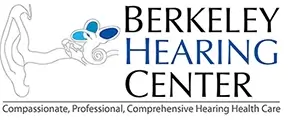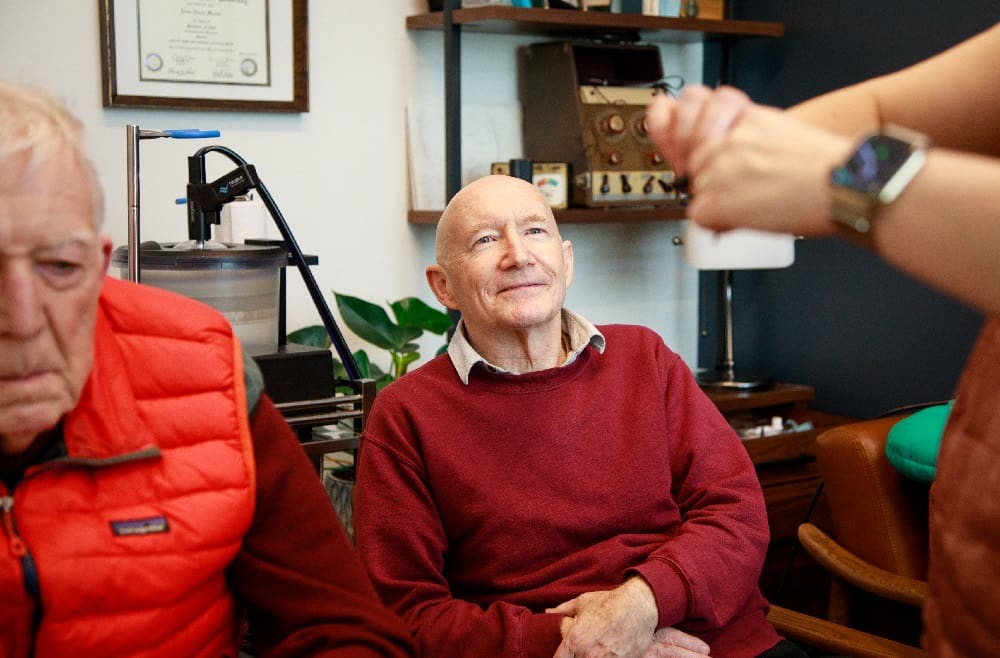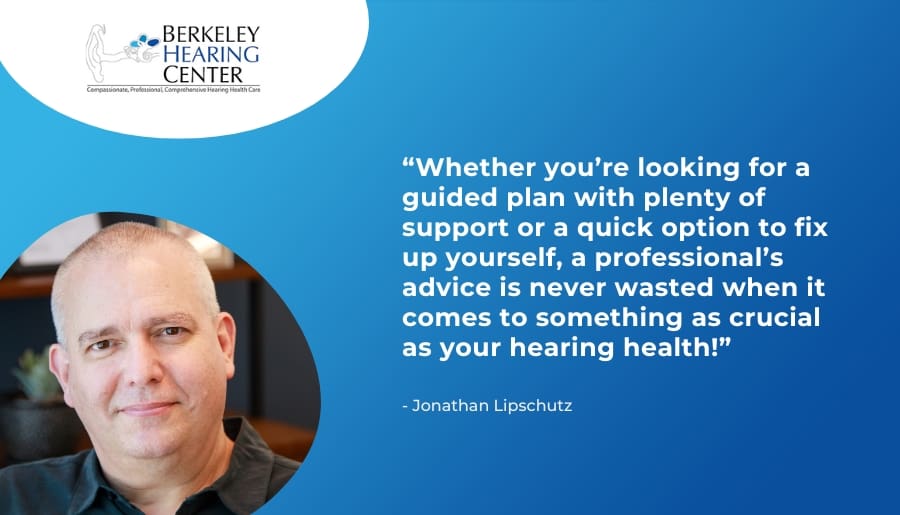Why the Greek Theatre Sounds Even Better With Great Hearing
2025-07-25
John Chakan, Co-Owner/Practice Manager
Why Do My Ears Ring at Night? Understanding Nighttime Tinnitus
2025-06-19
Gabriel Liboiron-Cohen, Doctor of Audiology
Understanding Third-Party Hearing Aid Benefits: What You Need to Know
2025-05-24
John Chakan, Co-Owner/Practice Manager
How to Improve the Performance of Your Hearing Aids: Try These 3 Things
2025-04-11
Jonathan Lipschutz Audiologist, M.S., F-AAA, Co-Owner
What Impact Is Artificial Intelligence Having on Hearing Aids?
2025-03-25
John Chakan, Co-Owner/Practice Manager
What Is Age-Related Hearing Loss? Understanding Presbycusis
2025-02-24
Jonathan Lipschutz Audiologist, M.S., F-AAA, Co-Owner
A Comprehensive Guide to Your Options for Addressing a Hearing Loss in 2025
2025-01-20
Jonathan Lipschutz Audiologist, M.S., F-AAA, Co-Owner
Berkeley Hills Expert Articles | Evolution At Work
2025-01-20
Jonathan Lipschutz Audiologist, M.S., F-AAA, Co-Owner









